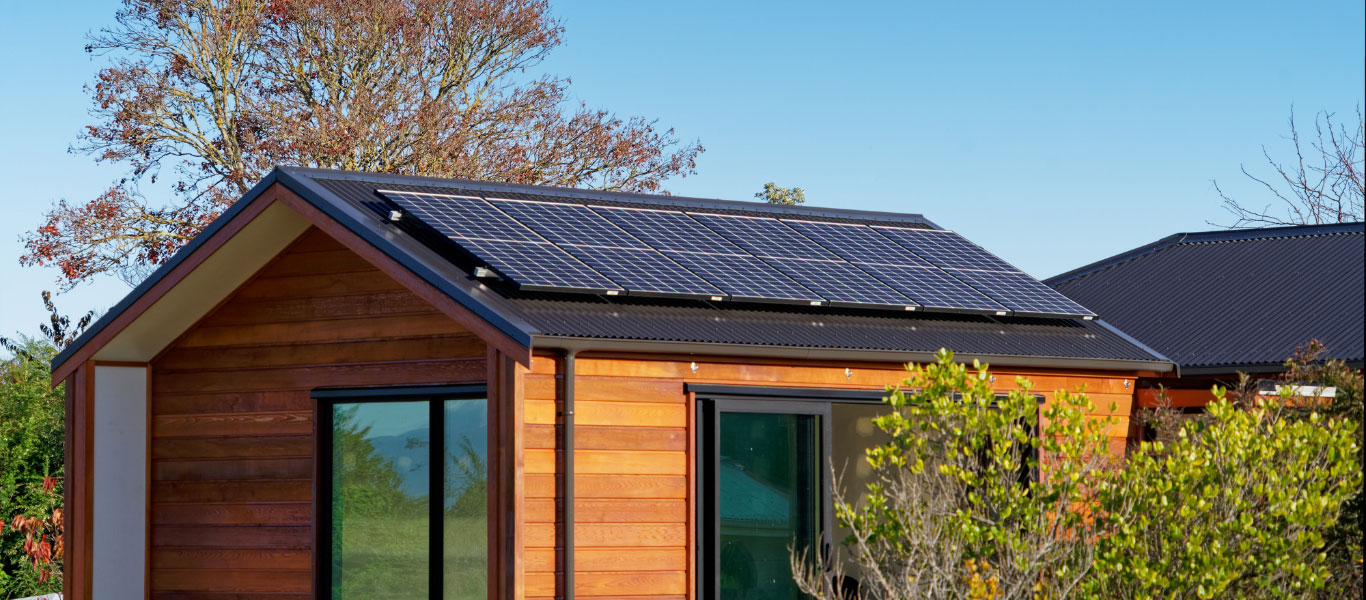Published May 17, 2024
The Pursuit of Self-Sufficiency: Can Off-Grid Living Deliver?

The dream of independence and living in harmony with nature draws many to the off-grid lifestyle. But can you truly walk away from traditional utilities and provide for all your own needs? Let's dive in and discover what self-sufficiency on an off-grid property means and if it's achievable.

The Pillars of Self-Sufficiency
True self-sufficiency encompasses meeting all the essential components of your life without relying on outside systems. Here's a breakdown of these key areas:
- Food Production: Growing your own fruits, vegetables, and potentially raising livestock for meat, eggs, and dairy. This includes learning about gardening practices, food preservation (canning, drying, etc.), and, if applicable, animal husbandry.
- Water Management: This involves rainwater harvesting, well-drilling, or relying on a natural water source on your property. You'll need to consider water purification and storage systems. Check out resources like The Water Storage Guide
- Energy Systems: Off-grid living often relies on renewable energy. Solar panels, wind turbines, or micro-hydro systems are common choices. For detailed information, the National Renewable Energy Laboratory: Defining Self-Sufficiency is a wealth of knowledge.
- Shelter: Many off-gridders build their own homes, often using natural materials like timber, cob, or straw bale. This often requires learning new construction techniques.
- Waste Management: Composting, responsible recycling, and careful waste disposal minimize your environmental footprint. You may need to develop your own systems for greywater and sewage.
- Cost: The initial investment in land, infrastructure, and essential equipment can be significant. Careful budgeting and prioritizing projects is key.
- Knowledge Gap: Be prepared to become a jack-of-all-trades! Books, online tutorials, and workshops are invaluable for skill-building.
- Physical Labor: Maintaining a homestead is demanding. Consider your physical limitations and build systems that work for you.
- Convenience vs. Simplicity: You'll likely sacrifice some amenities. Redefine what 'necessary' means for you.
- The Potential for Loneliness: Look into off-grid communities or cultivate a support network of like-minded people.
- Reduced Footprint: Living off-grid significantly lessens your environmental impact.
- Increased Independence: You learn to rely on your own skills and resources.
- Connection to Nature: Living in sync with natural rhythms brings a deep sense of peace.
- Personal Growth: The constant challenge and reward foster immense self-confidence and satisfaction.

The Off-Grid Spectrum
While complete self-sufficiency is the ultimate goal for some, there's flexibility within off-grid living. You might choose to stay connected to a municipal water supply, have internet access for remote work, or occasionally visit the farmer's market. This level of self-reliance is personal and what feels right to you.
Challenges & How to Overcome Them

Why Pursue Off-Grid Self-Sufficiency?
Becoming truly self-sufficient on an off-grid property is a journey, not a sprint. It promises a fulfilling, albeit demanding, lifestyle. If a connection to the land, resilience, and a simpler way of life calls to you, then the off-grid path may be the perfect adventure.
Paula Burrows
MANAGING BROKER





